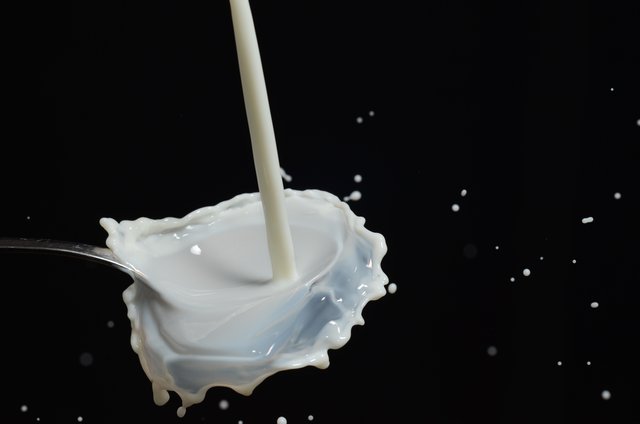Why You Should Drink Less Milk

“Cow’s milk is made for calves, not humans.” And it seems logical- if it’s not designed for us, it probably isn’t good for us. But is this really the case?
It’s Difficult to Say
In 2014, a study in the British Medical Journal (BMJ) of over 105,000 Swedish men and women taken over 20 years showed that high milk consumption is associated with higher mortality rates. It also showed that high milk consumption leads to more bone fractures in women, but not in men.
But Why?
Animal studies have suggested a link between daily consumption of galactose, or “milk sugar”, and “oxidative stress and inflammation”, a major cause of age-related diseases and cancer. This goes some way in explaining why in the 2014 BMJ study above, women consuming more fermented milk products such as yoghurt and cheese experienced a lower risk of bone fracture and mortality. As it turns out, fermented dairy products have lower or non-existent galactose contents as well as probiotic and anti-inflammatory effects. However, the lack of correlation for men is still a mystery.
Milk Causes Calcium Loss
In 1920, researchers found that eating meat and dairy products greatly increases the amount of calcium lost in urine. Knowing that meat and dairy products were acid-forming in digestion, it then made sense that the alkaline stores of calcium in the skeleton would be taken and used to neutralise the acid, leading to weaker bones.
However, several studies now suggest that 90% of calcium lost in meat and dairy-eaters’ urine comes from their food, not their bones. They suggest that high protein intake increases calcium absorption in the blood, meaning that more ends up in the urine too.
Cancer
Although calcium intake is generally agreed to improve bone health, there’s no agreement on how much we should have and where to take it from. And given the conflicting studies on milk for bone health, it’s useful to note that its consumption is associated with an increased risk of serious ovarian cancer. On top of this, Harvard has reported a “probable” link between its consumption and prostate cancer. But then it’s also shown to be quite effective in preventing colon cancer.
In Sum
It’s hard to make a final decision on whether or not we should be drinking milk. And it’s for this reason that although it’s not necessarily recommended to eliminate it and other dairy products from your diet, it is recommended to consume more plant-based sources of calcium and exercise frequently for healthier bones.
Originally published on our site, Sutava.com, we hope you enjoyed this piece! Please do let us know what you think about it in the comments below and of course, feel free to ask any questions!
Also, before we forget, if you would like to see more like this on Steemit, please do upvote, resteem and follow us @sutava . Thank you and until next time!
I only drink coconut and almond milk 👍
That's great! Both are fantastic ways to substitute milk.
exactly
There are other sources of calcium that we can add to our diet and that do not hurt us that much
We agree with you, @merryslamb.